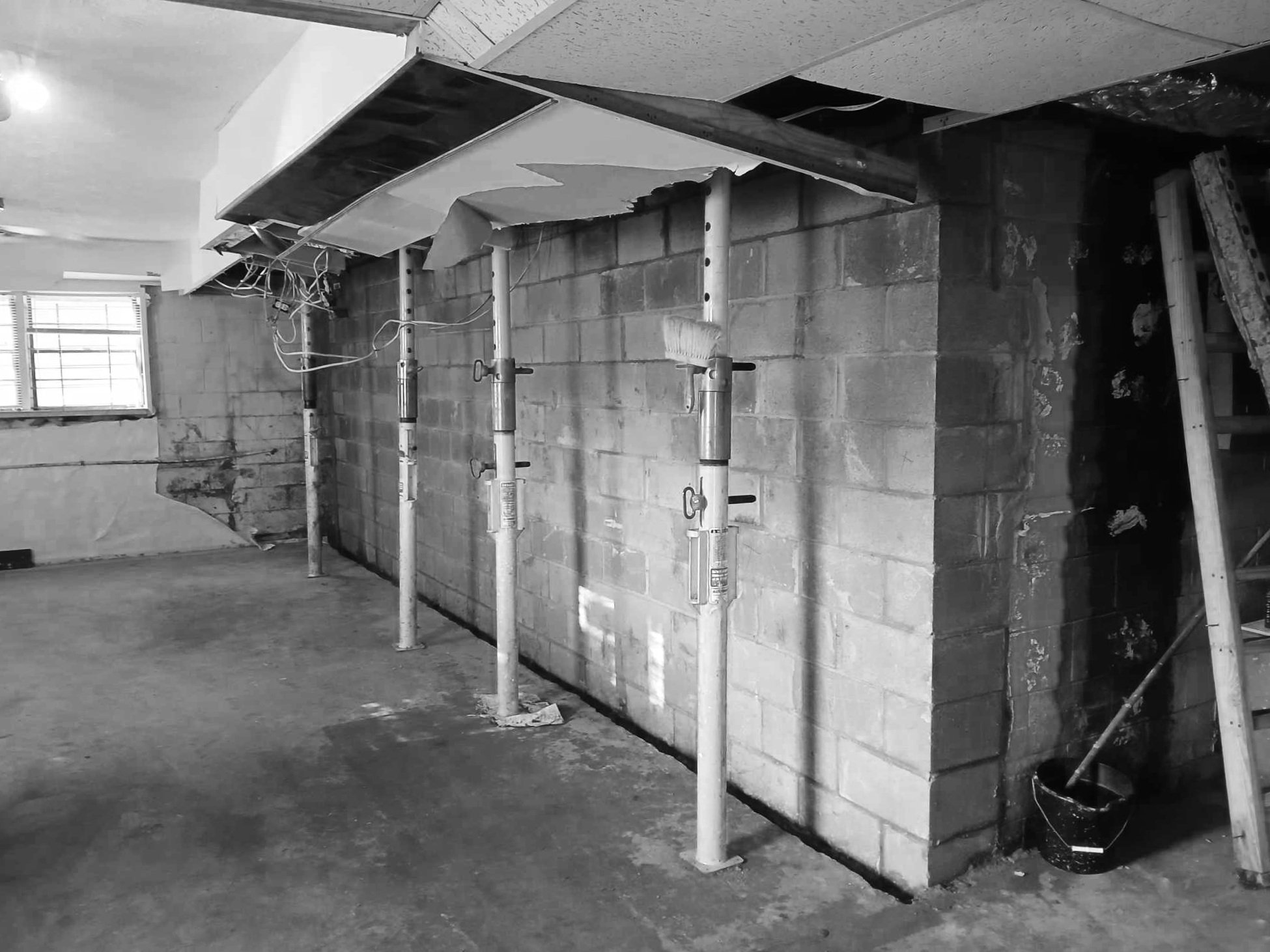
Stabilizing Sloped Foundations: Challenges in Asheville's Mountainous Areas

Introduction
Asheville, North Carolina, is Additional hints renowned for its breathtaking mountain vistas and rich cultural history. However, the very characteristics that make this area so appealing—its rugged terrain and sloping landscapes—pose significant challenges for homeowners and builders when it comes to foundation stability. Stabilizing sloped foundations in Asheville's mountainous regions requires a nuanced understanding of geology, hydrology, and construction practices. In this article, we will explore the complexities and solutions associated with maintaining functional foundations in North Carolina's unique topography.
What Are the Key Challenges of Stabilizing Sloped Foundations?
Understanding the Geology of Asheville
North Carolina’s geological makeup varies significantly across different regions. The Blue Ridge Mountains are primarily composed of metamorphic rocks, including schist and gneiss. This complex geology can lead to unpredictable soil behavior, which poses risks for foundation stability.
Hydrological Impacts on Foundation Stability
Water plays a crucial role in the stability of foundations. Heavy rains can lead to soil erosion and increased hydrostatic pressure against foundation walls. In Asheville, where rainfall can be abundant, managing water flow is vital.
Soil Types and Their Effects on Foundations
The type of soil present in your area dramatically affects foundation stability:
- Clay Soils: Expansive clays can swell when wet and shrink when dry, leading to significant foundation movement.
- Sandy Soils: These typically offer good drainage but may not provide adequate support for heavy structures.
- Rocky Soils: While stable, rocky terrains require specialized excavation techniques.
Stabilizing Sloped Foundations: Challenges in Asheville's Mountainous Areas
In Asheville’s picturesque yet challenging landscape, stabilizing sloped foundations involves addressing various factors such as soil composition, water drainage, and building materials. Homeowners often face issues like foundation cracks or settling due to inadequate site preparation or environmental conditions.
The Importance of Site Assessment
Before any stabilization work begins, a thorough site assessment must be conducted. This includes:
Techniques for Stabilizing Sloped Foundations
Retaining Walls: A Common Solution
Retaining walls are often employed to manage slope stability effectively. They help hold back soil while providing additional structure support.
Types of Retaining Walls:
- Gravity Walls: Rely on their own weight.
- Cantilever Walls: Use leverage from a base slab.
- Anchored Walls: Utilize cables anchored into the ground for added strength.
Foundation Drainage Systems
Implementing effective drainage systems reduces water infiltration around foundations:
Foundation Repair Techniques
Foundation Crack Repair Methods
Cracks can indicate deeper problems within your foundation structure. Here are common repair techniques:
- Epoxy Injection: Suitable for non-moving cracks.
- Polyurethane Foam Injection: Ideal for dynamic cracks allowing flexibility.
Repairing Foundation Walls
Foundation wall repair involves several techniques depending on severity:

Finding Reliable Foundation Repair Contractors Near You
When you're facing issues with your home's foundation, finding trustworthy professionals is crucial.
How to Choose a Foundation Repair Company
Here are some tips:
- Look up local reviews on platforms like Google or Yelp.
- Compare costs and services offered by different contractors.
- Ensure they have proper licenses and insurance coverage.
- A good company should offer warranties on both labor and materials.
FAQs about Stabilizing Sloped Foundations
- Erosion from rainwater runoff and unstable soil types contribute significantly to foundational issues in sloped terrains.
- Look out for visible signs such as cracks in walls or floors, doors that stick or won’t close properly, or uneven floors.
- While minor repairs might be manageable with DIY methods, it’s generally best to consult professional services for large-scale issues.
- Costs vary widely based on location and severity of damage but generally range from $2,000 to $7,000 or more depending on complexity.
- Regular maintenance like ensuring proper drainage around the home can prevent many foundational issues before they arise.
- For severe cases involving extensive damage or complex repairs, hiring a structural engineer may be necessary to ensure safe repairs are conducted correctly.
Conclusion
Stabilizing sloped foundations presents unique challenges in Asheville’s mountainous terrain; however, with proper knowledge and expert help from reliable contractors specializing in foundation repair Asheville, these challenges can be efficiently managed! Whether you need routine assessments or serious repairs involving foundation crack repair or foundation wall repair, understanding the local environment plays an essential role in achieving lasting solutions.
In essence, proactive measures combined with expert consultation pave the way towards ensuring that your home remains secure against nature’s unpredictabilities!
By recognizing these challenges associated with stabilization efforts—alongside implementing suitable strategies—you'll not only protect your investment but also enjoy peace of mind living amidst one of North Carolina's most beautiful settings!